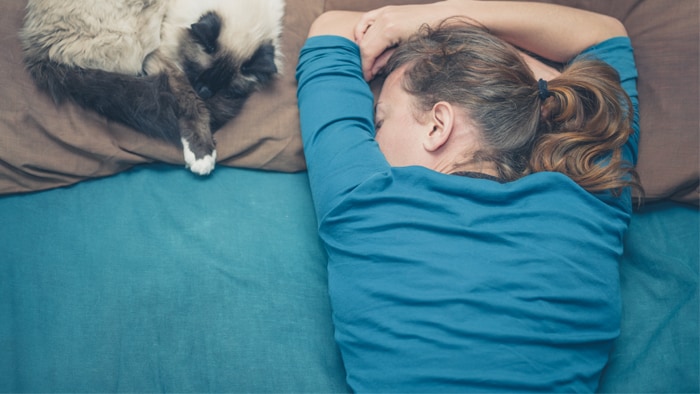What is Insomnia Really?
People who have trouble sleeping well often casually remark to friends, "Oh, I'm such an insomniac!" Perhaps they struggle to fall asleep, or wake up multiple times every night, and have a difficult time resuming sleep. Maybe the sleep issues are only occasional, or perhaps constant. While insomnia is a medical diagnosis requiring a variety of evaluations by a medical provider, any loss of sleep is frustrating or worse.
What is insomnia?
There are two main types of insomnia: primary and secondary. Primary insomnia means that the sufferer has sleep issues unrelated to any other health conditions or issues, whereas secondary insomnia is caused by an illness, medication, or other substance. Insomnia may also be acute or chronic, meaning it could last only a short while, or it might be a continuing issue. In order for insomnia to be considered chronic, one must suffer sleeplessness for at least three nights a week for a duration of at least three months.
What are the symptoms of insomnia?
Symptomatically, those with insomnia suffer from general tiredness, sleepiness, irritability, and even trouble focusing or remembering important information. Lack of sleep causes all of these symptoms, and the more severe the sleep deprivation, the more acute the symptoms.
What causes insomnia?
The causes of insomnia vary from situational causes such as a significant event in life to outward substances. A recent death of a loved one, for example, or a particularly stressful work situation, can cause acute insomnia. Pain or discomfort can also interrupt sleep, causing insomnia, while the use of certain medications may also cause restlessness. In some people, drinking alcohol can cause sleep issues. Chronic insomnia can result when a person suffers ongoing anxiety or depression, stress, or chronic pain.
I fear I have insomnia. What can I do?
If you suspect you have insomnia, the best first move is to reflect on your habits at bedtime. Are you going to bed around the same time each night? Healthy sleep hygiene is usually the best fix for mild acute insomnia. This means having healthy sleep habits. Healthy sleep habits include avoiding caffeine, nicotine, and alcohol before bed. The first two are stimulants that can keep you awake, and while alcohol is a depressant, it interrupts good sleep. Similarly, steer clear of heavy, rich meals too close to bedtime, as digestion will keep you up. Avoid screens of any kind before bed. Don't watch television, use e-readers, or surf on your phone, as these bright lights can mess with your ability to relax and fall asleep. Keep your room dark, quiet, and serene, so that sleep comes more easily. If you've put all of this into practice for a few weeks without change, it may be time to check in with your physician for further discussion of sleep aids and studies. Insomnia is frustrating, but in most cases, remedied with lifestyle changes. For those who suffer from chronic insomnia, help is available in the form of medications, sleep studies, and other therapies. Quality sleep is important in order to enjoy life, so make sure to take any suspicions of insomnia seriously.


